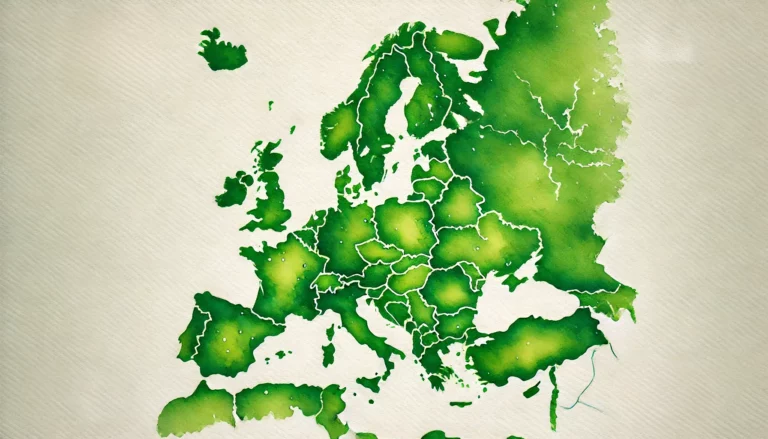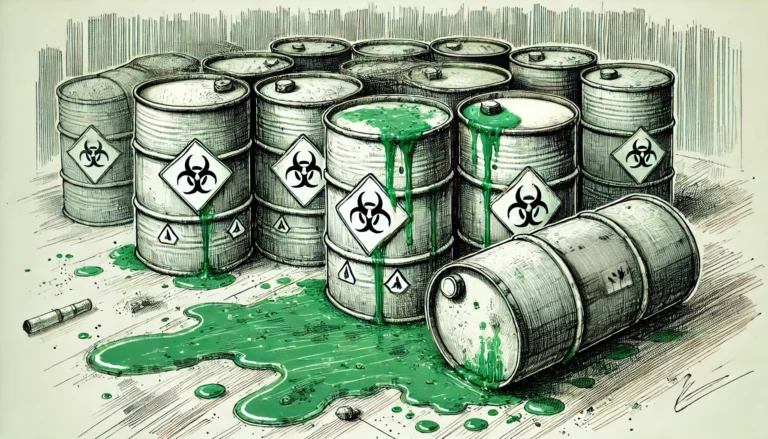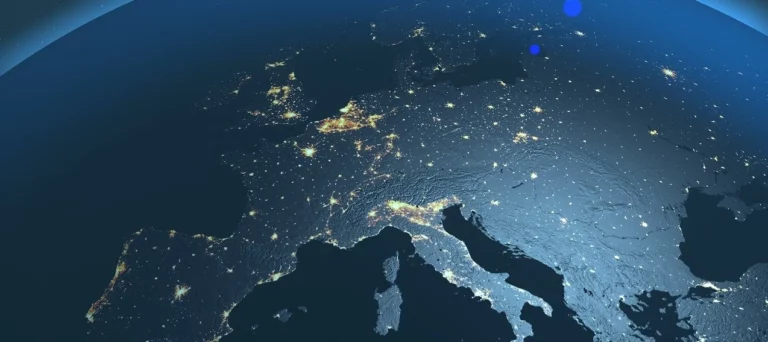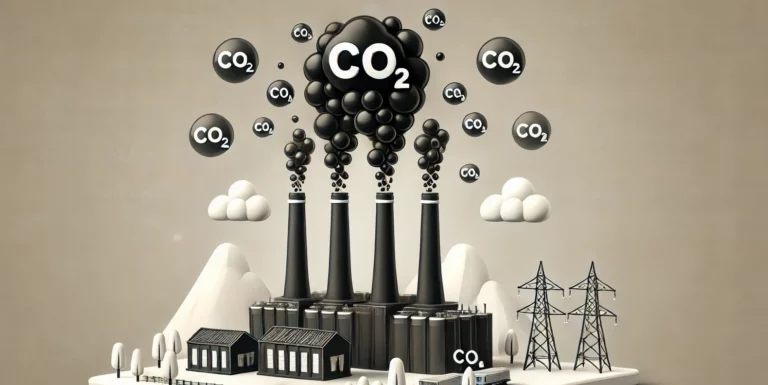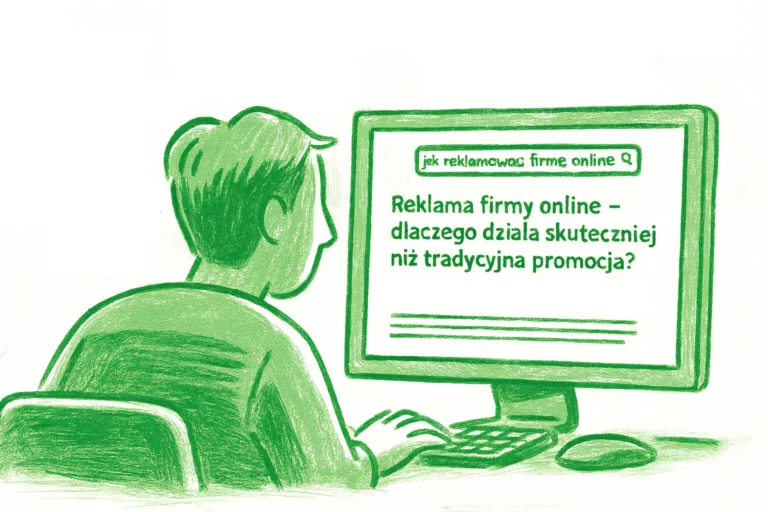Finnish waste permit: the ticket to success
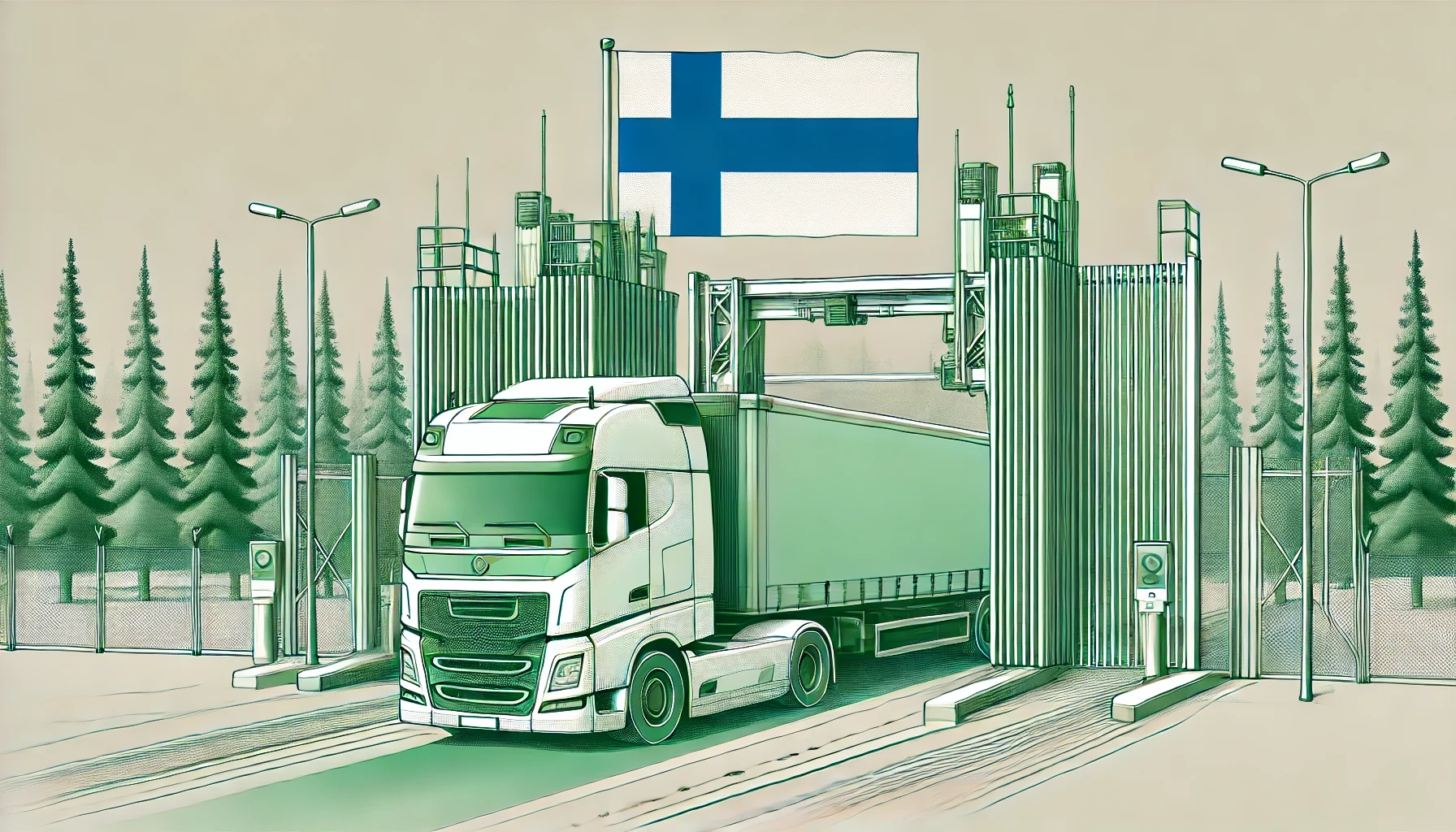
Finland has for years been building an image as a country for which waste is not a problem but a valuable resource. It strives to keep residual waste to a minimum and is developing a system in which recycling and waste-to-energy facilities support energy security instead of landfills. At the same time, in order to keep modern incinerators running, the controlled supply of waste fuels from other countries is becoming increasingly important. This is an opportunity for those companies that have a Finnish waste permit and are able to act as a stable partner rather than just an ad hoc haulage contractor.
Order a Finnish waste permit
Comprehensive service, fast turnaround time. Call or write today:
e.nadolna@ekologistyka24.pl , +48 881 045 376
j.blazewicz@ekologistyka24.pl , +48 500 867 153
A market where waste works for the energy industry
Finland has built a system in which landfilling of municipal waste has virtually disappeared. Instead, recycling and waste-to-energy facilities combined with district heating play a key role. The share of thermal waste conversion with energy recovery remains high, and the state has consistently reduced the role of fossil fuels in heating.
At the same time, large installations need to operate stably throughout the year. They therefore need predictable, quality fuel streams from waste, including from outside the country. The market for importing RDF/SRF into Finland is growing and operators are investing in handling and logistics infrastructure.


Source: Statistics Finland
Commentary on the graph
The surge in imports in 2021 was no coincidence. The commissioned and expanded incinerators needed more „waste fuel” and domestic residuals started to become scarce. After the pandemic, normal trade returned, so it was easier to pull material from abroad. Since then, Finland has been more likely to import waste for energy recovery than to ship it - and the trend continues.
For hauliers and suppliers, this sends a clear message: Finland is not an accidental destination. It is a structured, demanding and forward-looking market that rewards professionals.
Why only selected companies work for Finnish installations
Finland's waste-to-energy and district heating plants must operate without interruption. This is because they provide system heat and stable power. That is why their operators introduce selection from the outset. However, they only accept partners that guarantee quality and predictability. It is the whole chain that counts, not just a specific rate or rate. Customers hold carriers accountable for time, load parameters and document compliance.
What do installations expect from carriers and their suppliers:
By meeting the above conditions, the transport company will show that it is a partner to be reckoned with.
Do you want to enter the Finnish waste market with a competitive advantage?
Order a waste transport permit from us. Minimum paperwork, maximum benefits:
e.nadolna@ekologistyka24.pl , +48 881 045 376
j.blazewicz@ekologistyka24.pl , +48 500 867 153
What waste is in Finland precious

RDF/SRF and combustible fractions after sorting
We are talking about waste fuels from mechanical-biological installations, sorting plants and municipal and industrial waste treatment plants. They count:
- stable calorific value,
- limited chlorine and heavy metal content,
- repeatable batch parameters.
This is a natural direction for companies that already produce or handle RDF/SRF and are looking for a market with a higher culture of cooperation. Here, an agreement with a haulier with a Finnish waste permit is a prerequisite for entering discussions on cyclical deliveries.

Non-recyclable plastics and packaging waste
These are fractions that have passed the selection stage and are not effectively recyclable, but work well as fuel:
- mixed films,
- contaminated packaging,
- hard plastics with no prospect of meaningful material recovery.
For suppliers with such waste, cooperation with Finnish facilities can become a stable management channel, provided the quality and formal requirements are met.
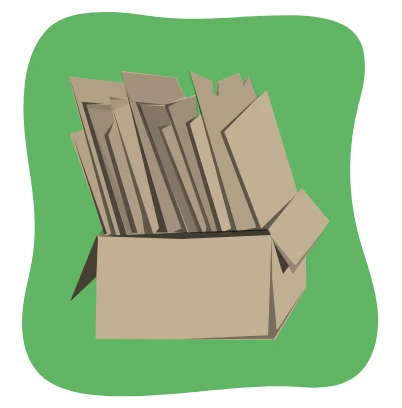
Combustible fractions from the commercial and industrial sectors
Offices, logistics centres, production facilities and retail chains generate the following waste:
- paper waste,
- textiles,
- packaging mix,
- post-production residues.
When properly prepared, these materials form a reproducible, predictable fuel. The Finnish waste permit allows this potential to be exploited in a cross-border model.

Waste biomass and waste wood
Selected fractions of pure wood and waste biomass can feed plants that accept this type of fuel. What matters here is quality rigour: no impregnation, no chemical impurities, compliance with the parameters of the plant in question.

Specialised streams for specialised incinerators
This applies, for example, to selected hazardous waste and waste requiring high-temperature disposal. In this area, the Finnish waste permit and a correctly designed TFS procedure become absolutely crucial. Here, unfortunately, there is no room for improvisation, but there is room for reliability and professionalism.
What you gain from a waste transport permit in Finland
What do you gain if you decide to obtain a waste permit in Finland? The key benefits are:
In other words: the permit is not an administrative cost. It is an advantage-building tool in the Finnish waste sector.
Safe waste transport to Finland? Only with a permit
You provide the necessary data, we take care of the rest. Fast and hassle-free. Get in touch with us:
e.nadolna@ekologistyka24.pl , +48 881 045 376
j.blazewicz@ekologistyka24.pl , +48 500 867 153

